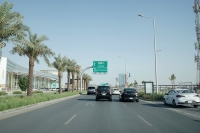
Anyone holding a valid driver's license, recognized by the responsible authority in the Kingdom of Saudi Arabia , is permitted to drive a vehicle in the Kingdom. Obtaining a driving license in the Kingdom requires meeting specific conditions, including reaching the legal age and having a clean criminal record without any convictions for violent offenses. It is prohibited to drive a vehicle without registering it, paying the required fees, and having license plates attached. The same condit...
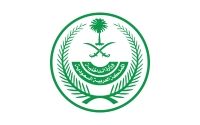
Military ranks in the Kingdom of Saudi Arabia are a key aspect of organizing the various military institutions and agencies in the state. They are divided into two categories: officer ranks and enlisted personnel ranks. Military ranks for officers Ranks are metallic or embroidered as follows: Lieutenant: Star. First Lieutenant: Two stars. Captain: Three stars. Major: Crown. Lieutenant Colonel: Crown and star. Colonel: Crown and two stars. Brigadier General: Crown and three stars. Major General:...
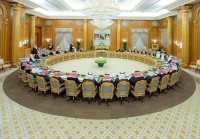
The process of enacting and issuing laws is governed by the Basic Law of Governance , issued in 1992. This law stipulates that the regulatory authority is responsible for developing laws and regulations in accordance with Islamic Shariah and exercises its powers in accordance with this law, as well as the laws of the Council of Ministers and the Shura Council . The Law of the Council of Ministers also outlines the council's role in enacting laws, stating that 'laws, treaties, internat...
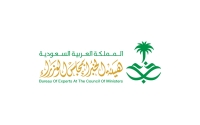
Yes, residents are permitted to own real estate in the Kingdom of Saudi Arabia under the Law of Real Estate Ownership and Investment by Non-Saudis, issued by a Royal Decree on July 19, 2000. This law applies to several categories, including: - A non-Saudi investor, whether a natural or corporate entity, licensed to practice any professional, vocational, or economic activity, may acquire the real estate necessary for conducting the activity. This includes the real estate required for their resid...
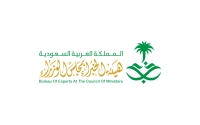
Yes, the seasonal work visa, issued specifically for the Hajj season, may be used for that purpose. An entry fee of SAR1,000 is required. The stay duration for this visa is four months, non-renewable and non-convertible into a permanent work visa. Holders of seasonal work visas may enter the Kingdom of Saudi Arabia starting from the first day of Shawwal, but not before. The last permissible day for entry is the final day of Dhu al-Qidah. The duration of stay must not exceed the end of Muharram....
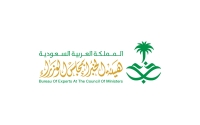
It is a law that includes a set of rules regulating foreign investment in the Kingdom of Saudi Arabia . It was enacted by the Saudi government on April 10, 2000, and amended in 2021. The law aims to encourage foreign investors to invest in the Kingdom by establishing regulations and controls specifically designed for them, in line with Saudi Vision 2030 . The Kingdom seeks to become an attractive and stimulating investment destination. A dedicated ministry for investment has been established, w...
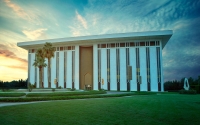
The Saudi Central Bank is the central bank of the government of the Kingdom of Saudi Arabia . It was established during the reign of the Founding King Abdulaziz Bin Abdulrahman Al Saud on March 30, 1952. It was initially named the Saudi Arabian Monetary Authority and retained that name until it was renamed the Saudi Central Bank by the approval of the Custodian of the Two Holy Mosques, King Salman Bin Abdulaziz Al Saud, on November 24, 2020. 1928 The first Saudi currency system was issued under...
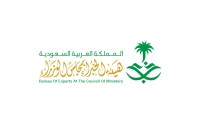
The Premium Residency Law is a set of legal rules and procedures that regulate the special residency in the Kingdom of Saudi Arabia , granting the holder a range of rights and privileges, along with the corresponding obligations. The law was issued by Royal Decree on May 15, 2019, and by a decision of the Council of Ministers on May 14, 2019. It consists of fourteen articles. Subsequent Royal Decrees were issued, introducing amendments to most of these articles and removing some of their clause...
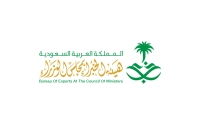
The Law of Documents and Archives in the Kingdom of Saudi Arabia is a set of legal rules and procedures that are applied in the Kingdom, and it is focused on organizing documents and archives. These are containers of information related to the affairs and interests of the state, whether produced by the work of its institutions or by other sources, as long as they require preservation, either due to their necessity or their value. Issuance of the Law of Documents and Archives The Law of Document...
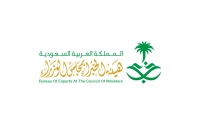
The Environmental Law in the Kingdom of Saudi Arabia is focused on the conservation, protection, and development of the environment . Environmental protection is a fundamental provision enshrined in one of the articles of the governance system in the Kingdom . The primary entity responsible for enforcing this law is the Ministry of Environment, Water, and Agriculture . The approval for the law was issued on July 10, 2020, making it a comprehensive and integrated system that repeals the previous...
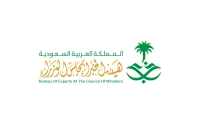
Human Organ Donation Law in the Kingdom of Saudi Arabia is a set of legal rules and procedures that regulate the process of human organ donation in the Kingdom. The law was issued by Royal Decree on April 1, 2021, and the Council of Ministers ' decision issued on March 30, 2021. Contents of the Human Organ Donation Law The Human Organ Donation Law consists of twenty-seven articles and includes: definitions, organ donation or the bequest to donate human organs, organ transplantation, withdr...
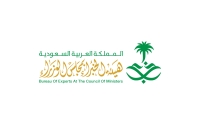
The Anti-Money Laundering Law in the Kingdom of Saudi Arabia is a set of procedural and penal rules specifically addressing the crime of money laundering, clarifying the nature of the crime and the penalties resulting from its commission. It was issued in 2017 to replace the Anti-Money Laundering Law, which had been issued in 2012. The Anti-Money Laundering Law in the Kingdom aligns with the documents signed by the Kingdom to combat money laundering, in accordance with contemporary internationa...